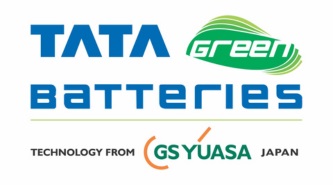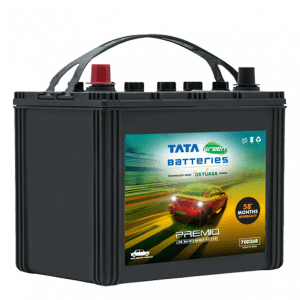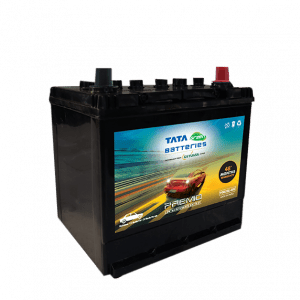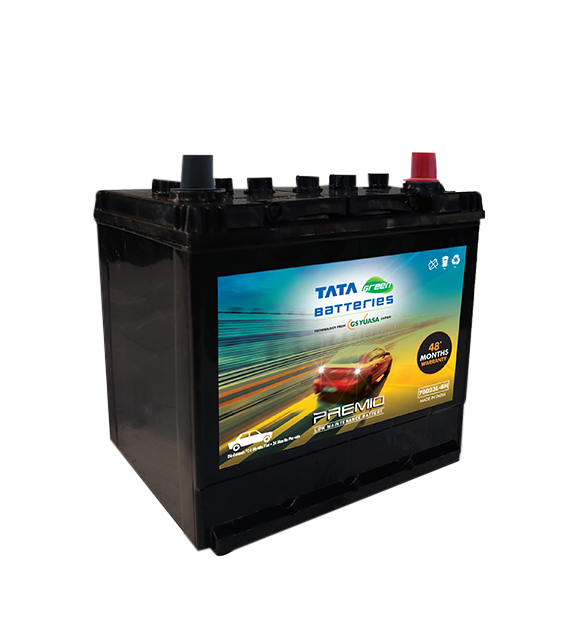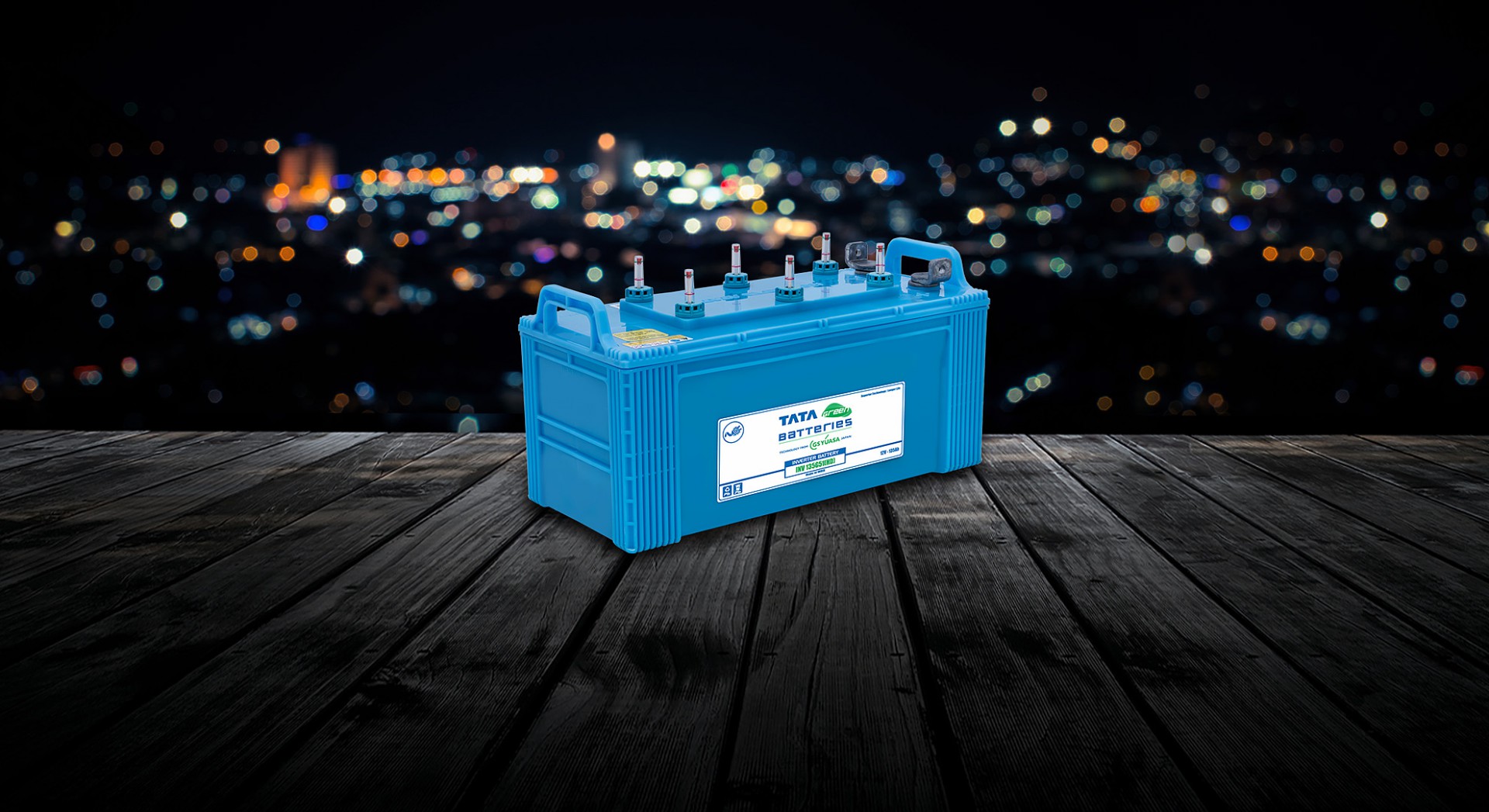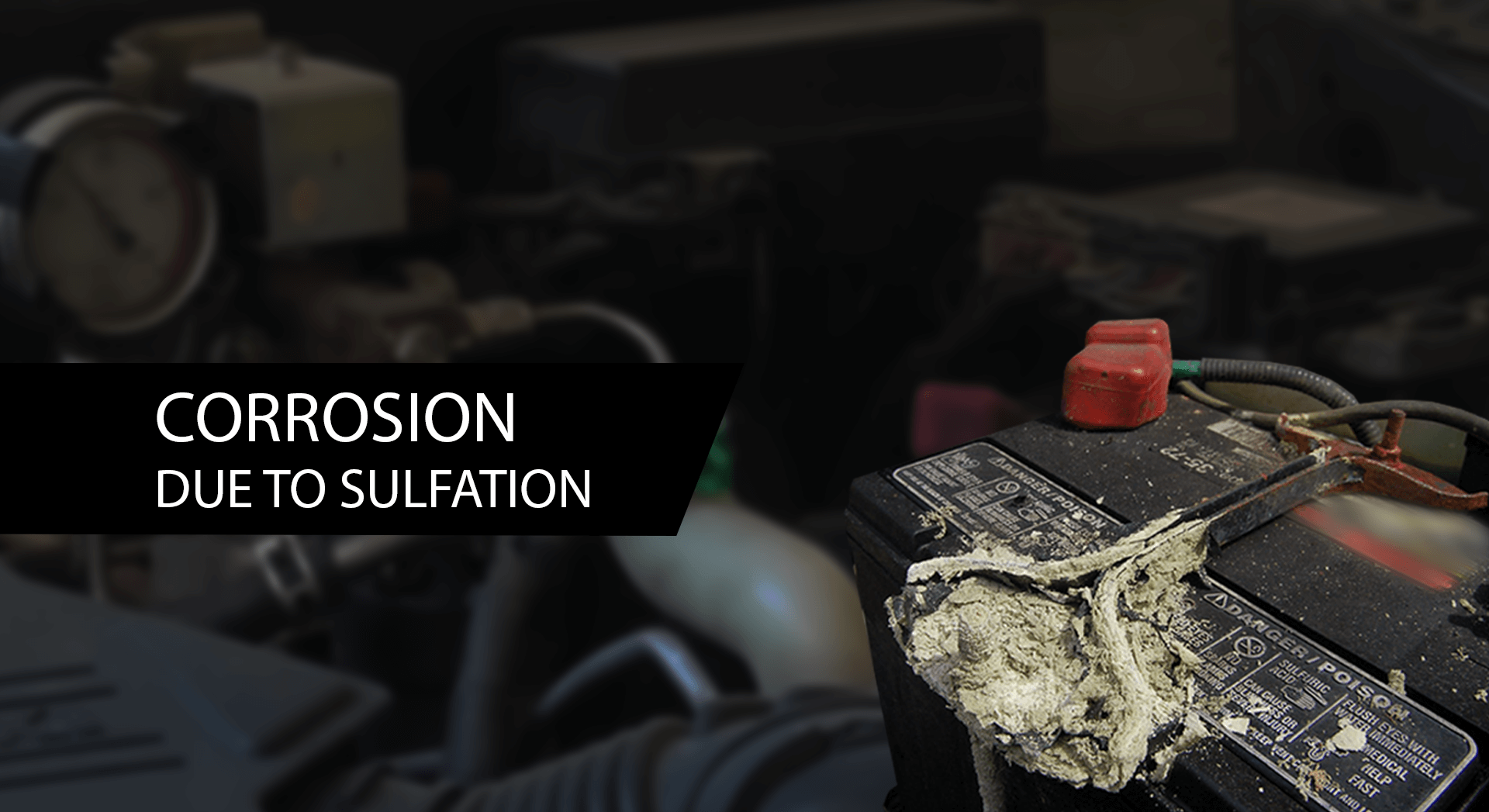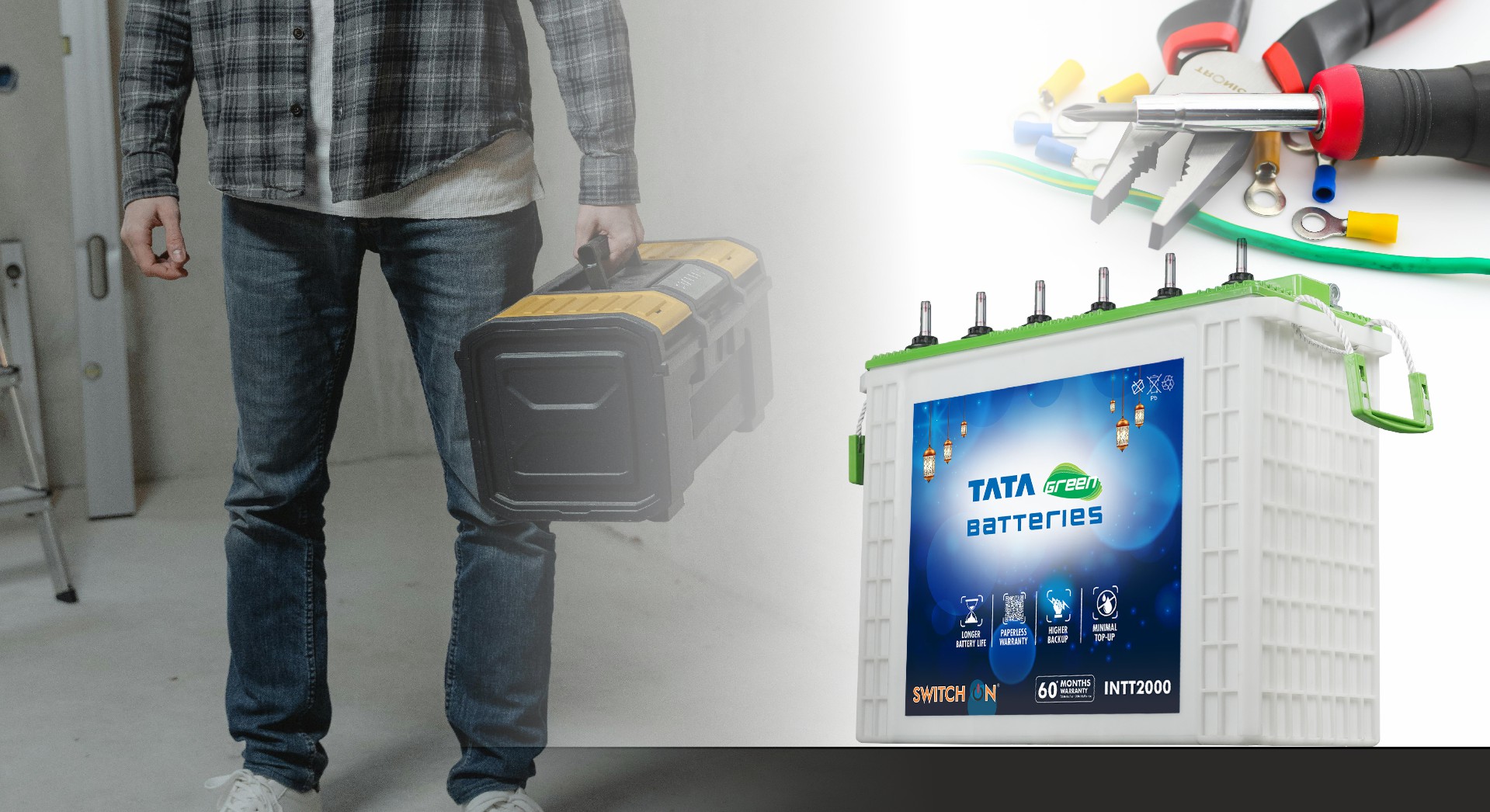In a country where power cuts are as common as monsoons, a reliable home battery isn’t a luxury; it’s a necessity. Whether it’s to keep your inverter running, power up your solar system or ensure your appliances stay functional during long outages, choosing the right battery makes all the difference.
When it comes to home power backup, two main types dominate the Indian market: flat-plate batteries and tubular batteries. Both serve the same purpose, but they differ in design, durability, maintenance and overall performance.

Let’s take a closer look at what sets them apart and which one truly fits the needs of Indian households.
Flat-plate Batteries
Affordable & Simple Design
Flat-plate batteries are popular mainly because they are affordable. Their structure consists of flat, grid-like plates that are easy and inexpensive to manufacture. This simple design helps reduce the overall cost, making them attractive to budget-conscious buyers.
If you’re looking for a short-term backup solution or a low-cost option for basic use, flat-plate batteries can meet your needs without straining your wallet. Their compact structure also makes them lightweight and easy to install.
Shorter Lifespan & Frequent Management
Flat-plate batteries typically last 3 to 5 years. Their design makes them more prone to corrosion and material shedding, which gradually reduces their efficiency.
They also need regular maintenance. You’ll need to top up the battery with distilled water frequently to maintain electrolyte levels. Ignoring this can lead to dry-out conditions and early failure. For users who don’t mind regular checks and refills, this might not be an issue. But for those seeking a hassle-free option, it can become tiresome over time.
Suitable for Light Use
Flat-plate batteries perform well for short, high-current bursts, such as starting a vehicle or powering small home appliances during brief power cuts. However, they struggle with deep discharges when the battery runs low repeatedly, because that shortens their life further.
This makes them suitable for homes where power outages are rare or last only a few minutes. If your area experiences light, infrequent interruptions, flat-plate batteries can manage well without much strain.
Lower Durability
The flat plates in these batteries corrode faster and shed active material with repeated use, especially under heavy loads or high temperatures. This leads to reduced capacity and shorter service life.
They’re not built to handle continuous heavy use or deep discharge cycles, so their durability in demanding situations is limited. Over time, this can lead to higher maintenance costs and more frequent replacements.
Ideal for Frequent Short Outages
For areas that experience short and infrequent power cuts, flat-plate batteries offer a decent, economical solution. They recharge quickly, provide sufficient backup for small loads and are easy to find and replace.
However, if your household runs multiple appliances during long outages or depends on a consistent power supply, you might find their performance limiting.
Tubular Batteries
Durable & Efficient Design
Tubular batteries are known for their superior design. Instead of flat grids, they use cylindrical positive plates enclosed in protective tubes or gauntlets. This structure increases the surface area and allows for better chemical reactions, making them more efficient and durable.
The robust design also helps prevent corrosion and material loss, ensuring steady performance even under demanding conditions. Though they cost more initially, their efficiency and long life make them a value-for-money investment in the long run.
Longer Lifespan & Less Maintenance
One of the biggest advantages of tubular batteries is their longevity. They typically last between six and eight years, sometimes even longer with proper care.
Their improved internal structure reduces the shedding of active materials and promotes better acid circulation, leading to lower maintenance needs. They don’t require frequent topping up of distilled water.
This makes them ideal for homeowners who prefer a “fit and forget” power backup solution with minimal attention required.
Excellent Deep Cycle Capability
Tubular batteries can handle deep discharge cycles with ease, making them perfect for long power cuts. In fact, they deliver about 20 % more electrical capacity than flat-plate batteries of similar size and weight.
This means they can provide steady power for longer durations without losing efficiency. Whether it’s running lights, fans or essential appliances through extended blackouts, tubular batteries deliver consistent performance.
Robust & Resilient
Designed for heavy-duty use, tubular batteries are built to withstand frequent charge and discharge cycles. They’re ideal for inverters, UPS systems and even solar installations.
Their sturdy build makes them less sensitive to temperature variations, dust and rough handling. For homes that experience prolonged outages or rely heavily on stored energy, their reliability and resilience make them the better choice.
Ideal for Prolonged Outages
If your locality faces long or frequent power cuts, tubular batteries are your best ally. They can handle extended use without rapid degradation, ensuring uninterrupted power backup.
Their stable performance, high energy capacity and long life make them particularly suitable for households that need consistent electricity during outages, whether it’s for comfort, safety or work-from-home needs.
Preferences of Indian Homes
For most Indian households, tubular batteries emerge as the clear winner. They’re built for endurance, perform well under deep discharge conditions and need less maintenance. Given India’s hot climate and frequent power cuts, these features align perfectly with local needs.
Their ability to deliver reliable power for longer hours makes them ideal for inverter and solar systems. Even though their upfront cost is higher, their extended lifespan and reduced upkeep make them more cost-effective over time.
On the other hand, flat-plate batteries still have their place. They are suitable for smaller homes or those in cities with a stable electricity supply. Their affordability appeals to users with minimal backup requirements or short-duration outages.
However, when it comes to value, longevity and consistent performance, tubular batteries stand out as the smarter and more sustainable choice for Indian conditions.
Powering Through India’s Everyday Outages
As power cuts come and go, let your home stay bright, your appliances stay active and your comfort stay uninterrupted. Because when it comes to powering through India’s everyday outages, a steady tubular battery keeps your home running and your life moving.
